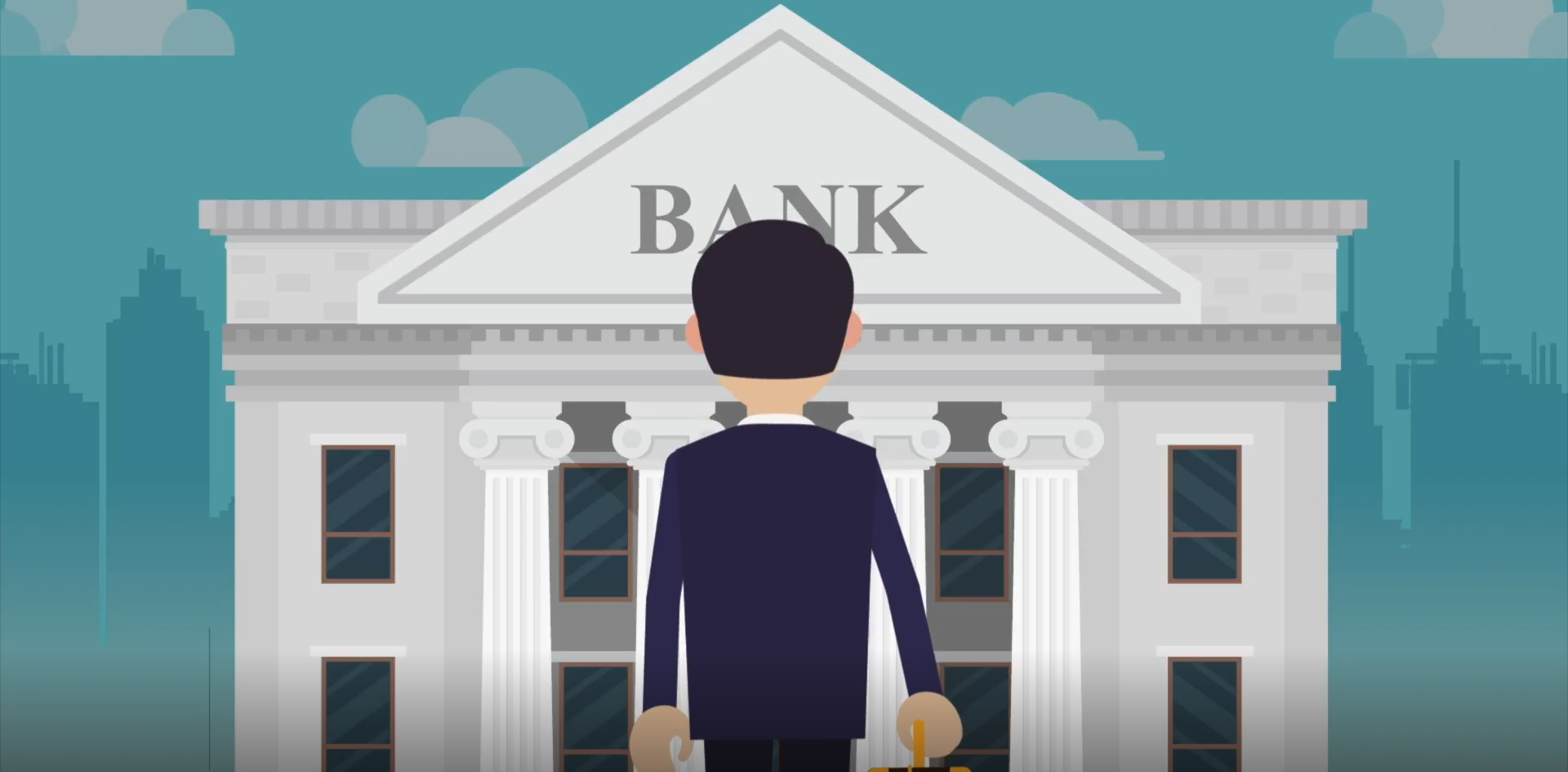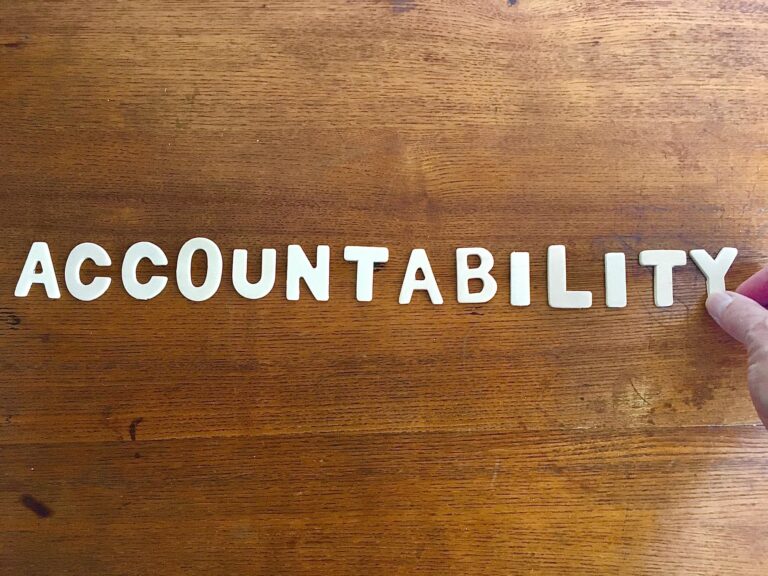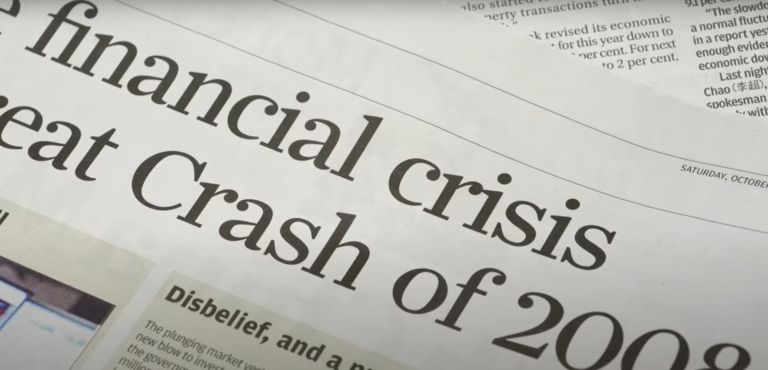Transcript
Finance and the financial system largely refer to the services related to the management of money. And, as mentioned earlier, this often requires a relationship of deep trust, or what we would call today a “fiduciary relationship.”
And if our trust in money is largely a social construct, our trust in the financial industry is largely an economic and legal construct. In other words, we rely on contracts and the law to enforce our rights, rather than intimate social relationships as was common back in Europe 250 years ago.
Although finance is made up of many types of institutions, banks have always been at the heart of the industry. So let’s take a minute and explore the traditional purpose of banks. Why do we even have them?
When we think about a bank, the first thing that comes to mind is a physical location where people go to deposit money and withdraw money. Or to put it really simply, it’s the place you stick your money to keep it safe. But this is only a part of what banks are for.
During the industrial revolution, the traditional feudal system broke down and new industries started popping up all over the world. This led people to start moving away from farming jobs and into manufacturing and service roles, which for many families meant that they had discretionary income for the first time. As a result, if they didn’t want to hide it under their mattress, they needed a safe place to keep the money.
The rise of entrepreneurship and companies during that era, it also meant that many people sought loans for starting businesses, buying homes, and other consumer necessities. As a result, the financial industry started to thrive, and banks popped up all over the place. These banks served four primary functions, which really haven’t changed that much even until today.
First of all, banks give people a way to save money safely. This makes sense – I’m sure you’ve seen a TV show or movie that included a bank heist where criminals broke into a vault. The vaults have huge doors, thick walls, complex security systems, and most importantly – lots and lots of cash, gold, and other valuables. And although some of this has changed, especially with a lot of currency and banking having become cloud-based and hosted on servers rather than in vaults, security is still the number one reason why so people use banks to hold their money.
The second traditional function of banks revolves around financing. As economies started changing, people started exploring new uses for credit and capital, such as what many people carry around in their pocket – the credit card. Now this is a form of financing. The expansion of consumer credit has been the key driving force in enabling many people to move from low-income to middle class around the world, and traditionally banks have been the best source of consumer credit.
The third traditional function of banks is to facilitate investments. So, without getting too complicated, let’s use a simple example. Let’s say one day you receive your paycheck – and after paying all your bills you have some money left over. And you decide that you want to save that money. But instead of saving that money in your bank account, you say: “hey, I want to buy a mutual fund, or I want to invest in the stock market by purchasing shares in a company that I like.” Banks are at the core of that type of investment activity, and that is an important role they play in society.
The fourth and final traditional function of banks revolves around providing financial advice – and often helping companies or individuals make the best use of the money they have at their disposal. Because of these four reasons, banks have been trusted community partners for centuries, and one of the key reasons for the rise of the middle class throughout the world.
But are things starting to change?
Discussion Questions
- Do you think that the role/functions of banks are evolving? How, and why?







